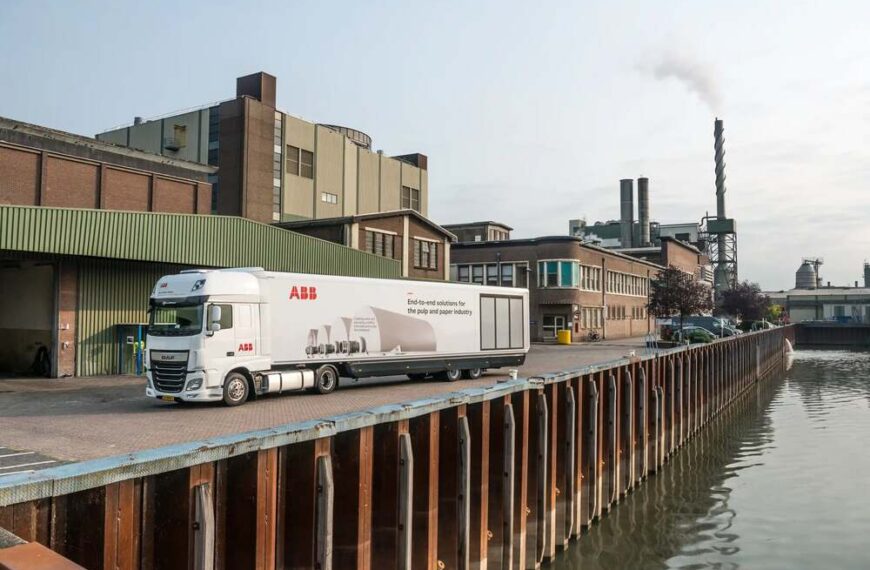Whether you ship regionally or nationally, FOB and the lingo associated with it have significant business ramifications. Shipit4us will explain the fundamentals of what FOB implies to assist you in making the most of your shipments.
WHAT DOES FOB MEAN? Let’s first define FOBS (free on board) by going through each word individually.
Free means that the seller must transport the items to a designated area where they will then be given to a carrier.
Or to put it another way, the supplier is “free” of accountability. “On board” merely denotes the presence of the commodities on the ship.
As a result, FOB shipping denotes that up until the products are loaded ‘on board’ a shipping vessel. The supplier retains ownership and accountability for the items. All liability passes to the buyer once the ship is in the water. Yes, load boards first!
What distinguishes FOB Destination from FOB Shipping Point?
In a FOB shipping agreement, the qualifications FOB shipping point and destination may be used to limit or increase the supplier’s liability.
When items are shipped FOB, ownership is given to the customer as soon as they leave the supplier’s shipping point.
As soon as that happens, ownership of the products passes from the supplier to the customer, and if anything were to happen to them during any portion of their voyage, the buyer would be entirely responsible.
Ownership of the goods is given to the buyer at the buyer’s loading port when the destination is FOB.
The title to the products passes from the provider to the customer upon delivery to the destination.
The provider takes full responsibility if something were to happen to the goods during any portion of their route to the buyer.
Shipping Point FOB
When the shipping terms are FOB, the supplier releases all liability for the products at the shipping point, and the buyer is responsible for paying the freight charges to transport the products to the destination.
The container is given to the freight carrier at the shipping point after a FOB shipping point agreement has been signed.
What Sets the FOB Price Apart From Other Sea Shipping Incoterms?
The four incoterms FOB, FAS, CFR, and CIF are only used in connection with ocean shipping.
Knowing the degree of responsibility the buyer and supplier accept under each agreement will help you to understand how they differ from one another.
What distinguishes the FOB and FAS?
Free Alongside Ship (FAS) is a basic method of shipping ocean freight. The supplier must cover the cost of shipping your products up to the designated port of shipmen. But not the cost of loading them onto the ship.
Once the shipment is positioned next to the shipping vessel, the buyer is in charge of it.
Contrary to FOB shipping, the supplier is not obligated to guarantee the security of the transfer from port to ship.
What distinguishes the FOB and CFR?
Cost and Freight (CFR) charges the supplier for the expenses incurred in delivering your goods to the destination port.
This includes the price of delivering your freight to the final port of destination as well as any export levies.
Your responsibility begins when the delivery is unloaded in the country of destination.
The cost of delivery to your ultimate location and insurance are not included in the CFR. Customs fees are also not included.
The distinction between FOB and CIF
Cost, Insurance, Freight (CIF) places the provider at financial risk for the payment of – you got it – cost, insurance, and freight.
This indicates that your shipment is in the supplier’s hands in the figurative sense while being transported to a port and loaded onto a ship. The price of insurance is also covered.
However, the customer is still responsible for paying extra costs like customs clearance.
Your goods may be deemed delivered at any location, even overseas, between the port of destination and your ultimate delivery address, depending on the terms of your contract with your supplier.
Due to the additional work and costs required of the supplier, CIF is a more expensive contract alternative than FOB.
Also Read: 5 Uses of a VPN in the Contemporary Times

















